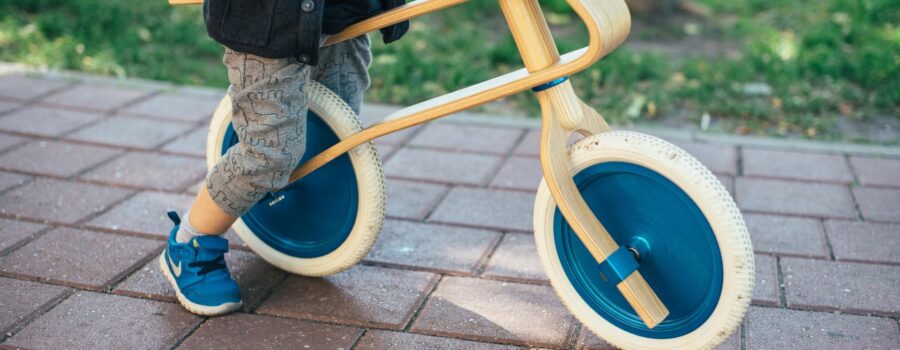Deliberate practice is a phrase written about and talked about often in sport psychology and mental skills training. Deliberate practice means deliberately putting into practice the mental skills you have been learning. This sounds easy! The question is how do you make it happen?
Step 1 is defining what mental skills are the most important to the growth of your game right now. Hopefully you are working with a sport psychologist or coach who has helped you define the areas of need and provided you with concrete, tangible mental skills to practice.
Step 2 is defining where and when these skills need to be added to your routine. We like our athletes to understand the competitive process in 3 stages: pre-competition, during competition and post competition. With the help of your sport psychologist or coach you should be able to define where in the 3 stages you want to implement your mental skills.
Step 3 is the most important – Make time to weave them into your practice routine and then commit to making it happen! Notice step 3 has 2 parts – weaving them into your practice and game routine and committing to them. Without defining where these skills will fit into your routine you will not find success. Concurrently, without committing you definitely won’t find success.
Let’s run through an example. Alicia is a collegiate golfer who is working on feeling more emotionally in control as she plays and having clearer focus. We used 2 cues: #1 is a simple awareness tool that helps her have quick awareness of her emotions called “Know Your Zones”; #2 is using a swing cue as she goes into her down swing (smooth).
As Alicia warms up, she checks in with herself every fifteen minutes (uses our worksheet which she has memorized – is she in the green, yellow or red zone). By doing this she is clearly aware of her emotions. At each tee box she checks in with herself again – as well as when she approaches each green.
With her swing cue Alicia practiced first on the range and then in practice rounds. As she starts her down swing she softly says the word smooth (which is how she wants her swing to feel). We pair the word smooth with every downswing – which over time, starts to happen automatically and helps her focus on the feel of the shot –which translates in to strong and relaxed focus at each shot.
So, the key is to put the skill you are working on into practice daily (including competition) to improve your consistency and play.




